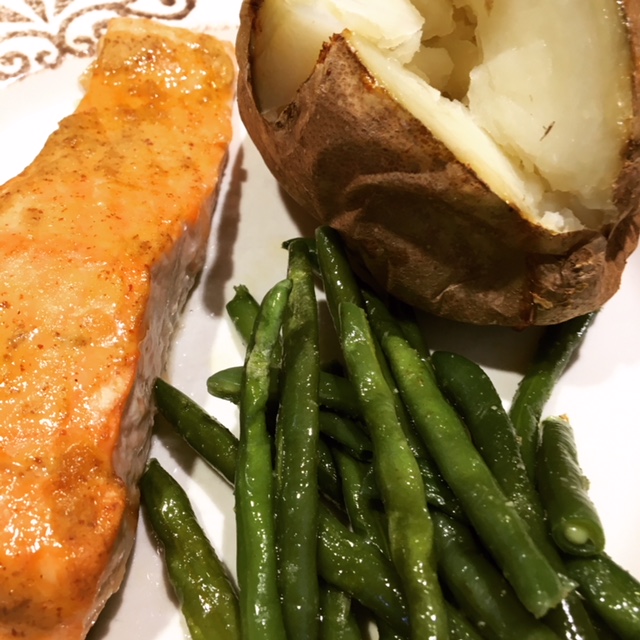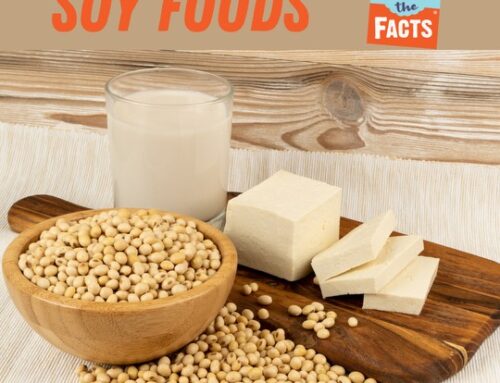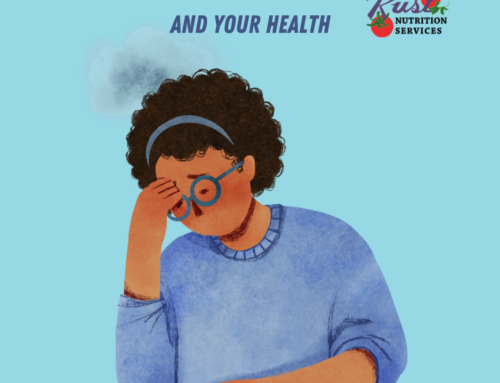You’ve been on a mission. You’re trying to drop a few pounds, and it’s not happening.
Weight loss is hard, at any age, but it gets even more difficult as you age. Your metabolism is the process in which your body turns what you eat into energy. Metabolic rates naturally decline, and women often experience more struggles (due to both menopause and naturally less muscle mass). This is why you may find that even though you aren’t eating more, you are gaining weight as you age. You can help boost metabolism with regular exercise, including weight training (which can add muscle, but you can’t really do much about your genetic predisposition or the aging process. Weight loss is going to take a calorie reduction.
Aging more gracefully isn’t just about your weight however. Even if you put a few pounds on as an older adult, you can still have some control over your health. Eating well and moving your body as much as possible just makes you feel, and function, better. It takes some effort, and a little guidance, but you can do it!

Eating well and getting regular exercise helps your body:
- STAY BALANCED. Balancing your intake of carbohydrates with protein and fat at each meal, helps keep you full and satisfied. Keeping hunger at bay will help with weight maintenance. Exercise also help with physical balance and strength, so you may prevent injuries from falls or accidents.
- LOWER YOUR DISEASE RISK. High blood pressure and diabetes risk can be lowered with weight loss and healthy eating. Even if you do end up with a diagnosis, if your diet is decent now, it will make eating healthier easier down the road since these diseases can be managed with proper diet and exercise.
- BOOST YOUR MOOD AND ENERGY LEVEL. Exercise is a mood booster because it elevates serotonin levels – feel good chemicals in the brain.
- GET THE VITAMINS AND MINERALS YOU NEED. When you eat a balanced diet (that includes fruits, vegetables, whole grains, eggs, lean meats, nuts, dairy foods) you are sure to get the vitamins and minerals you need.
- SUPPORT GUT HEALTH. Some research has shown that exercise may be beneficial to your gut microbiome.

A balanced meal includes protein (salmon), carbohydrate (potatoes and beans) and fat (salmon, sour cream on potato).
Key Vitamins and Minerals
I don’t really like the phrase “food is medicine”. Medicine infers a substance used to treat disease. Food can’t really treat disease (unless the disease is a vitamin deficiency for instance). But good food can help your body function at its best, help you maintain a healthy weight, support a healthy immune system, maintain muscle, and keep blood sugar levels steady. Here are just a few examples of important vitamins and minerals, and what they do for your body.
- Vitamin A (found in orange vegetables, dairy and meats) is a fat-soluble vitamin involved in healthy vision, and your immune and reproductive systems. Sweet potatoes, beef liver, spinach and carrots are excellent sources.
- Vitamin C (found in many fruits, especially citrus, kiwifruit, and also bell peppers and white potatoes) is a water-soluble vitamin, an an antioxidant, and is important for wound healing. Antioxidants help take care of “free radicals” in our body – compounds that form in the body and can cause harm to cells.
- Potassium is a mineral found in most fruits and vegetables, and dairy milk. It’s especially high in dried apricots, prunes (dried plums), raisins, potatoes, bananas, lentils, and kidney beans. It’s present in all body tissues and is required for normal cell function. It’s important for both heart and kidney health.
- Magnesium is a mineral important for muscle and nerve function, blood sugar and blood pressure regulation. Legumes, beans, nuts and green leafy vegetables are good sources, as well as fortified cereal, to include in your diet daily.
- Iron is a mineral found in red meat, poultry, eggs, fish, shellfish, legumes, leafy greens and fortified cereals. It helps support your red blood cells which carry oxygen in the body.
- Calcium is a mineral, and important for healthy bones and teeth. It’s also helps muscles contract and relax (including your heart). It’s important for immune function, nerve function, blood clotting, and blood pressure regulation. Its found in milk and milk products (cow’s milk), fortified tofu, spinach, mustard greens, and legumes. Milk is one of the easiest ways to get the calcium you need daily, and it also provides potassium (2 servings of milk are part of the DASH Diet regime).
Eat a variety of fruits and vegetables daily. Add some grains. Include lean protein and 2-3 servings of dairy. And watch out for the extra calories, especially the ones that seem to have a “health halos” on the surface (think “healthy” packaged snacks). Even if it’s a healthy choice (like hummus, nuts, or a fiber bar), the calories may be more than you need. If you are over 40 and trying to lose weight, stick with three meals a day, with one or two 100-150 calorie snacks. Stick with the science and common sense — choose a sound diet.





[…] a week, but weigh in on occasion. Keep in mind however that weight changes aren’t the only measure of successful lifestyle change. How you feel, reduction in blood pressure, increased energy, ease of movement – all are […]
[…] and then the maintenance plan is higher in carbohydrate, but still adequate in protein (yes, DASH Diet would fit this bill). There’s no question that movement is important to keep our metabolism […]